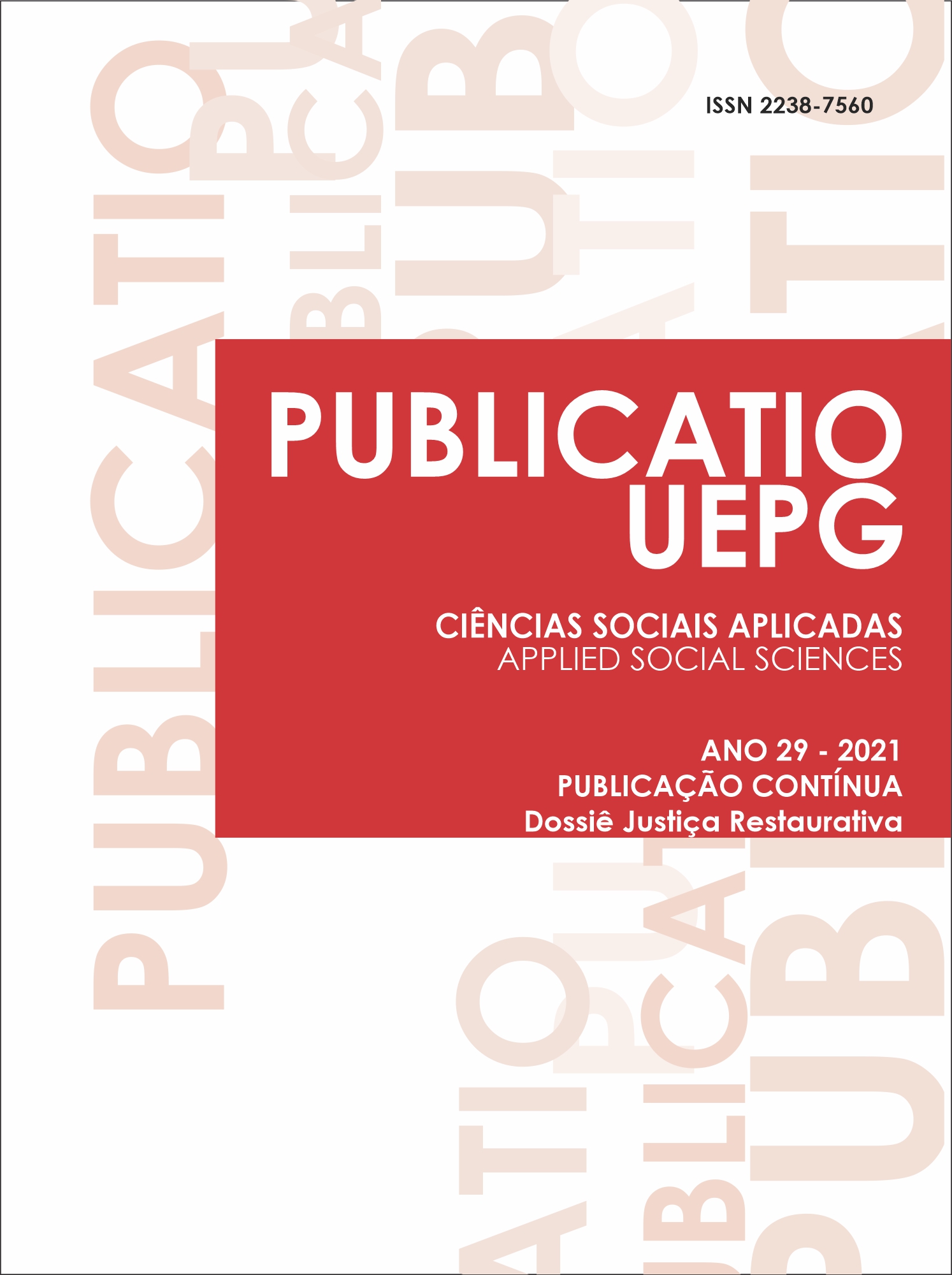O consentimento da ofendida como excludente de ilicitude no caso do crime do artigo 24-A da Lei Maria da Penha: uma análise a partir do contexto legal de proteção da mulher no ordenamento jurídico
Resumo
: Em 2018 entrou em vigor a Lei 13.641/2018, a qual inseriu o artigo 24-A na Lei Maria da Penha que passou a tipificar como crime o descumprimento de decisões de medidas protetivas de urgência previstas na Lei Maria da Penha, com punição de detenção prevista entre 3 (três) meses a 2 (dois) anos. Referida lei tem como objetivo aumentar a proteção da mulher vítima de violência doméstica, uma vez que é comum o descumprimento da medida protetiva por parte do agressor. Ocorre que, muitas vezes, a própria vítima acolhe o agressor novamente, permitindo o descumprimento da medida protetiva, o que ocorre por inúmeros motivos. O problema que surge dessa dinâmica envolve, dentro da teoria do crime, a (im)possibilidade de se aplicar o consentimento do ofendido como causa supralegal da exclusão de ilicitude em contraposição aos objetivos de proteção legal da Lei Maria da Penha. Nesse sentido, o presente trabalho tem como objetivos analisar a natureza jurídica da Lei Maria da Penha a partir do seu contexto histórico-legal, compreender o consentimento do ofendido como causa supralegal de exclusão de ilicitude e analisar a (im)possibilidade de aplicação de tal causa em relação ao crime do artigo 24-A da Lei Maria da Penha. Para tanto, foi utilizada revisão bibliográfica e jurisprudencial, principalmente o acórdão do Supremo Tribunal Federal da Ação Direta de Inconsitucionalidade n. 4424/2012, analisando-se os argumentos dessa decisão acerca da vulnerabilidade da vítima e a efetiva proteção estatal em contraposição à teoria do consentimento do ofendido. Contrapondo os argumentos foi possível observar que a aplicação do dispositivo legal é permeado de contradições, mas deve sempre ser observado buscando a efetiva proteção estatal e a melhor opção para a mulher em situação de violência doméstica.
Downloads
Downloads
Publicado
Como Citar
Edição
Seção
Licença
 Site licenciado: Creative Commons Atribuição 4.0 Internacional.
Site licenciado: Creative Commons Atribuição 4.0 Internacional.
Esta licença permite que outros distribuam, remixem, adaptem e criem a partir do seu trabalho, mesmo para fins comerciais, desde que lhe atribuam o devido crédito pela criação original. Este posicionamento está de acordo com as recomendações de acesso aberto da Budapest Open Access Initiative (BOAI).





